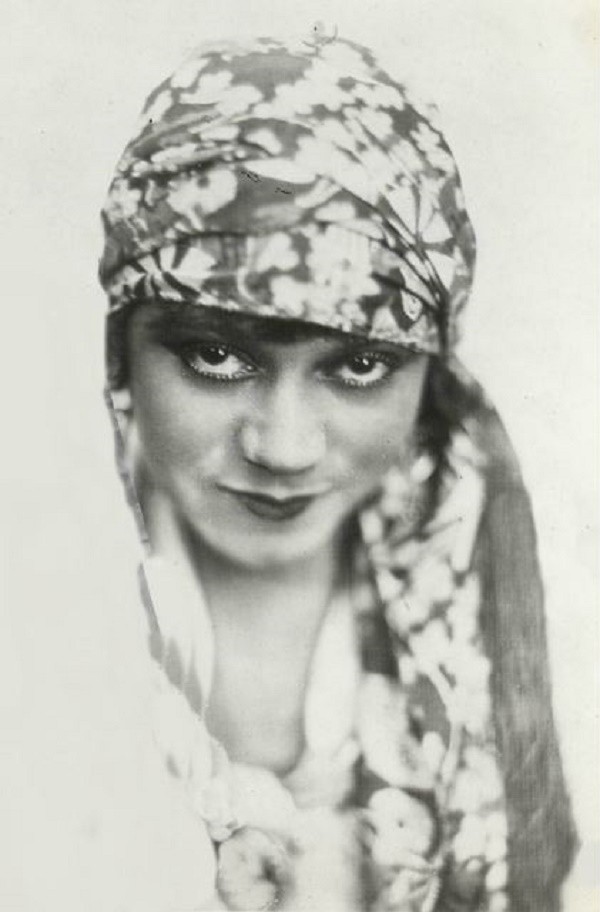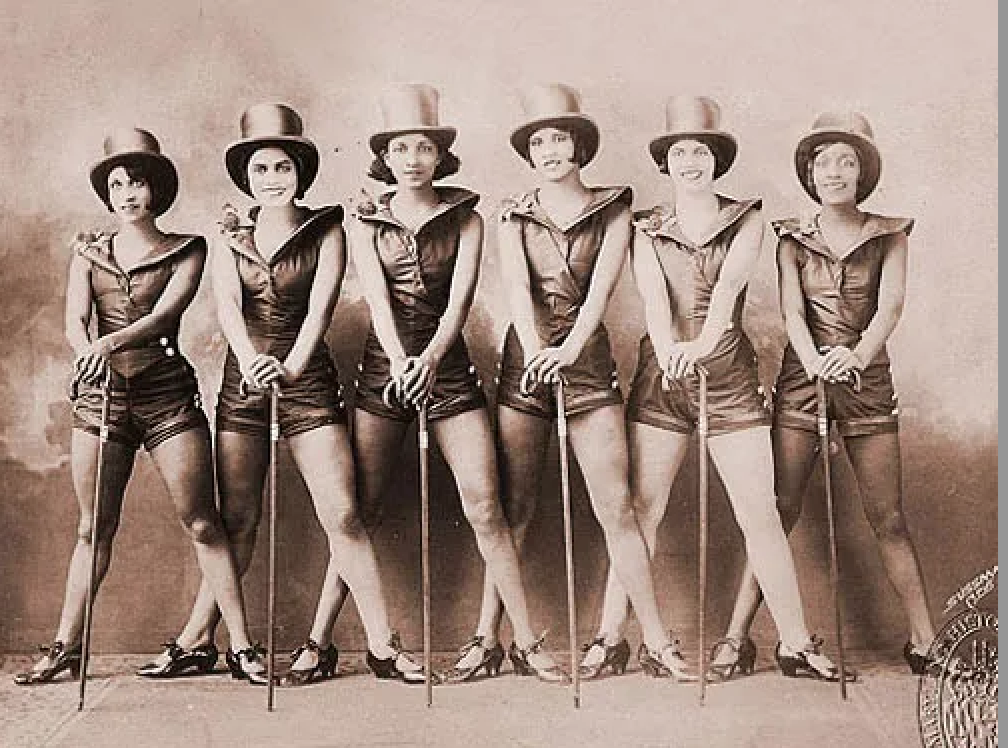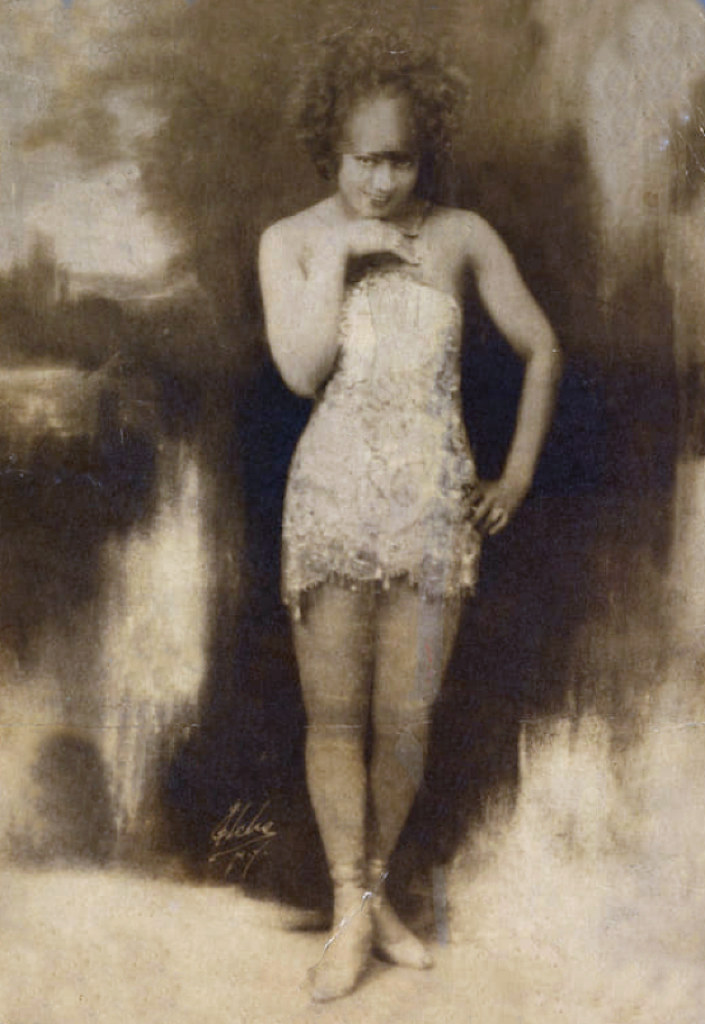Gertrude C. Saunders was born in Asheville, North Carolina, on March 25, 1903. When she was a senior at Benedict College in Columbia, S.C., she left the school to go on tour with vaudeville and stage performer Billy King. The Billy King Stock Co. was in residence at the Grand Theater in Chicago at the time.

Saunders’ performances turned several of Kings songs into hits: “Wait Til the Cows Come Home” from the show The Board of Education (1918), “Little Lump of Sugar” from The Heart Breakers (1918), “Hot Dog” from They’re Off (1919), and “Rose of Washington Square” from Town Top-Piks (1920), according to the Betty Boopedia. “Other shows she performed in include The Undertaker’s Daughter, The Face at the Window, and Raiding a Cabaret (all 1917), At the Beach and In the Draft (both 1918) and Over the Top and Exploits in Africa (both 1919). Over the Top was a significant work because it ‘dramatized the state of African Americans at the time of the Paris Peace Conference’ and was one of the first well-known efforts to stage serious theatrical and musical revues.”
Among Saunders’ most successful shows was the 1921 Sissle and Blake hit, Shuffle Along, which included Josephine Baker in the chorus line. While in that production, she was scouted by vaudeville promoters Hurtig and Seamon, who offered her more money to star in a burlesque show. Saunders accepted and was replaced in Shuffle Along by Florence Mills. “Mills career was cut short in November 1927, when she died at the age of 35, but the bright spotlight Saunders so foolishly relinquished was never restored to her. Saunders’ career faltered because of the move, though she continued to star in revues through the 1920s,” reports BlackThen.com.

One of those revues was financed by Bessie Smith’s husband Jack Gee in 1929, which led to a famous fight between Smith and Saunders that left Saunders bloody and beaten. In 1931, Saunders experienced a nervous breakdown and returned to her home, in Asheville, to recover.
But Saunders didn’t stay down for long. In October 1934, she was dubbed “The Original Boop-Boop-a-Doop Girl” and she was cited as originator of the phrase “Boop-Boop-a-Doop.” When Saunders appeared in Shuffle Along, she ended with her number “Daddy Won’t You Please Come Home” with a scat chorus in baby-talk. “In a 1938 Afro-American newspaper, it was declared that Gertrude debuted at the Cotton Club and that she was figured prominently at the $250,000 Infringement Lawsuit of Helen Kane and Betty Boop, who both claimed they originated the funny twist, which was a radio rage,” explains the Betty Boopedia. Another 1938 article claims that “Gertrude started ‘Boop Poop-a-Dooping’ before [Kane or Boop] and, prior to coming to the Negro Unit of Federal Theatres Project, she was a feature attraction at the Hollywood and Kit-Kat night clubs.
The article continues, “It is a known fact that Saunders inspired other female artists to scat sing.”

Saunders performed on the B.F. Keith Circuit — a chain of vaudeville theaters in the United States and Canada — known as a white circuit. She co-produced her own show, Midnight Steppers, in 1939, and was featured films, including The Toy Wife (1938), Big Timers (1945) and Sepia Children (1947), which were all marketed toward Black audiences.
Gertrude Saunders died Beverly, Massachusetts, in April, 1991.
